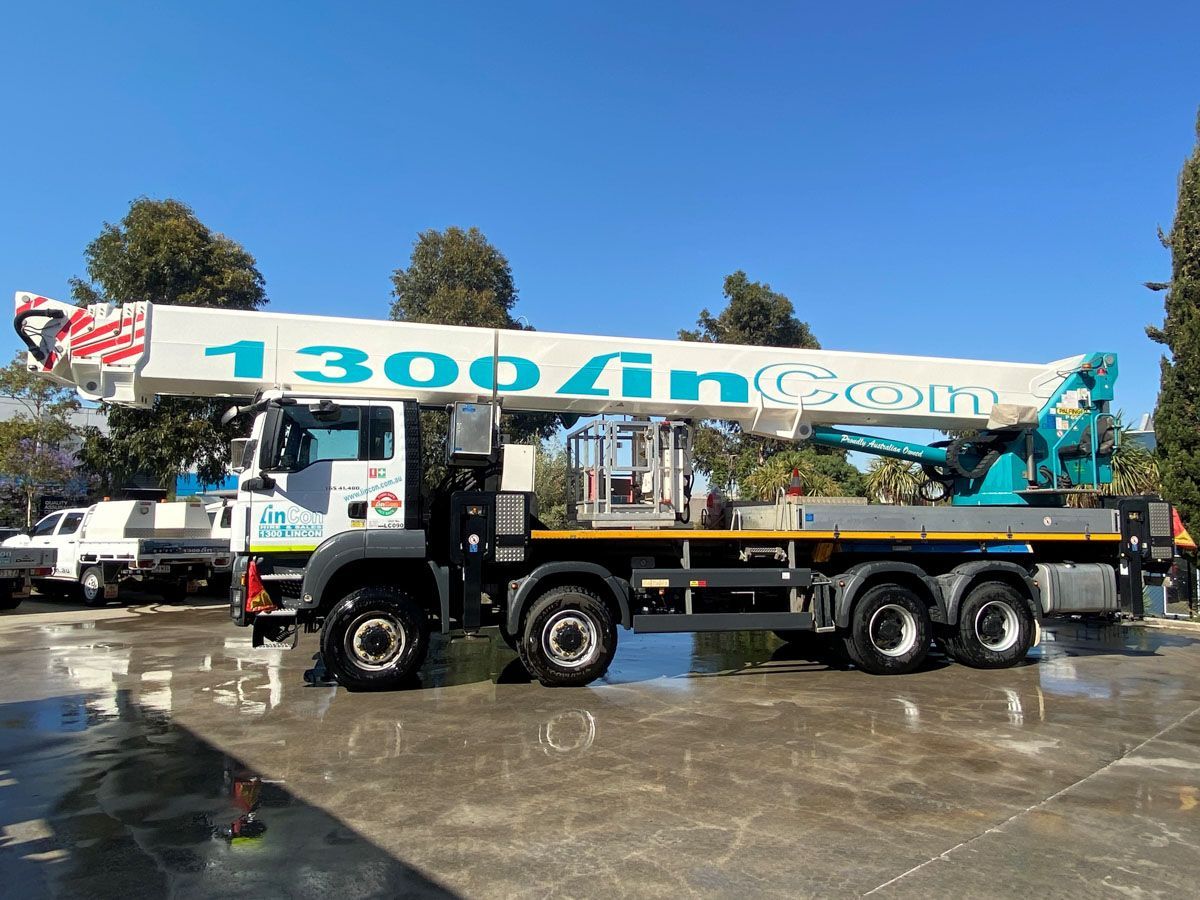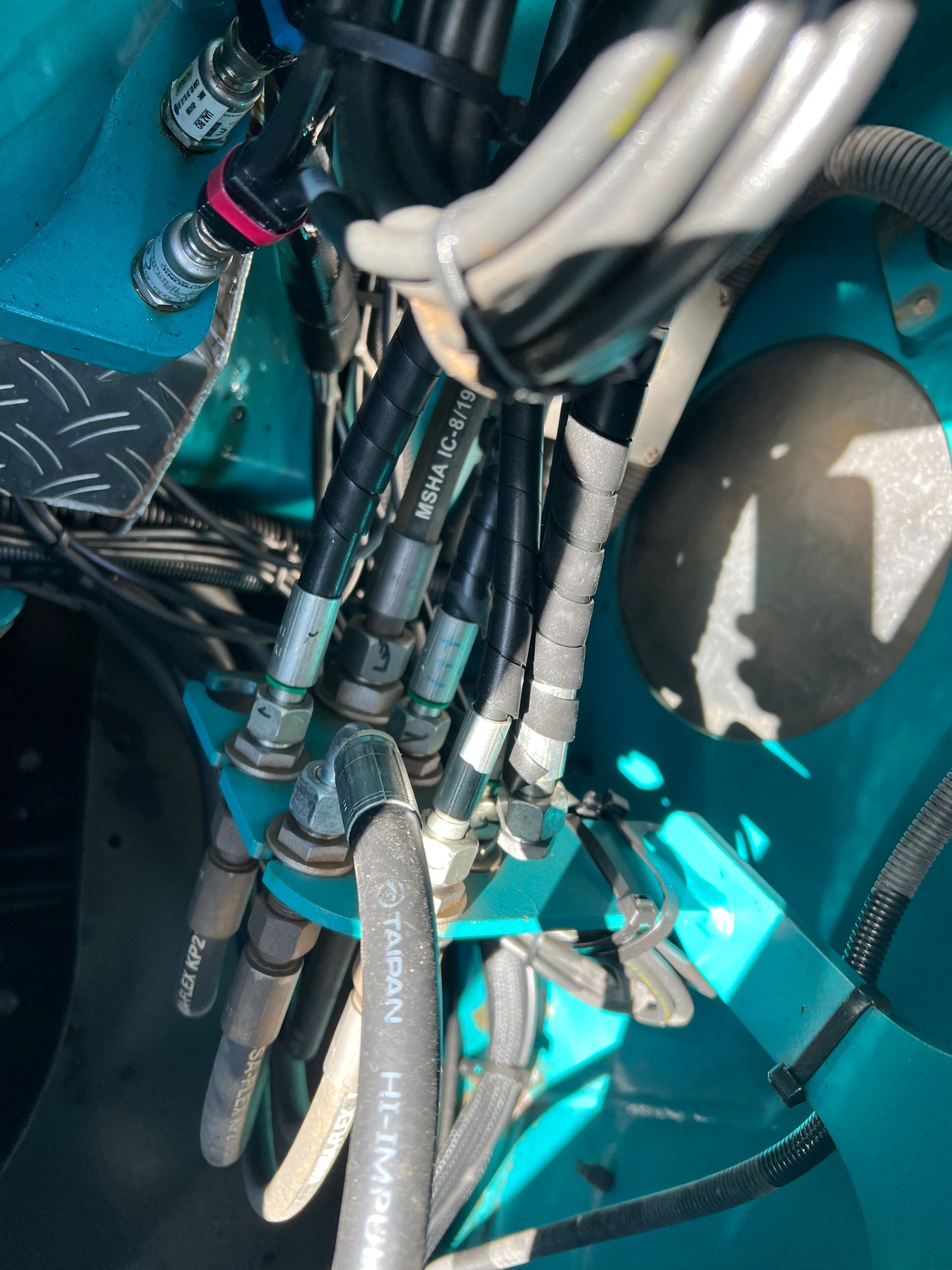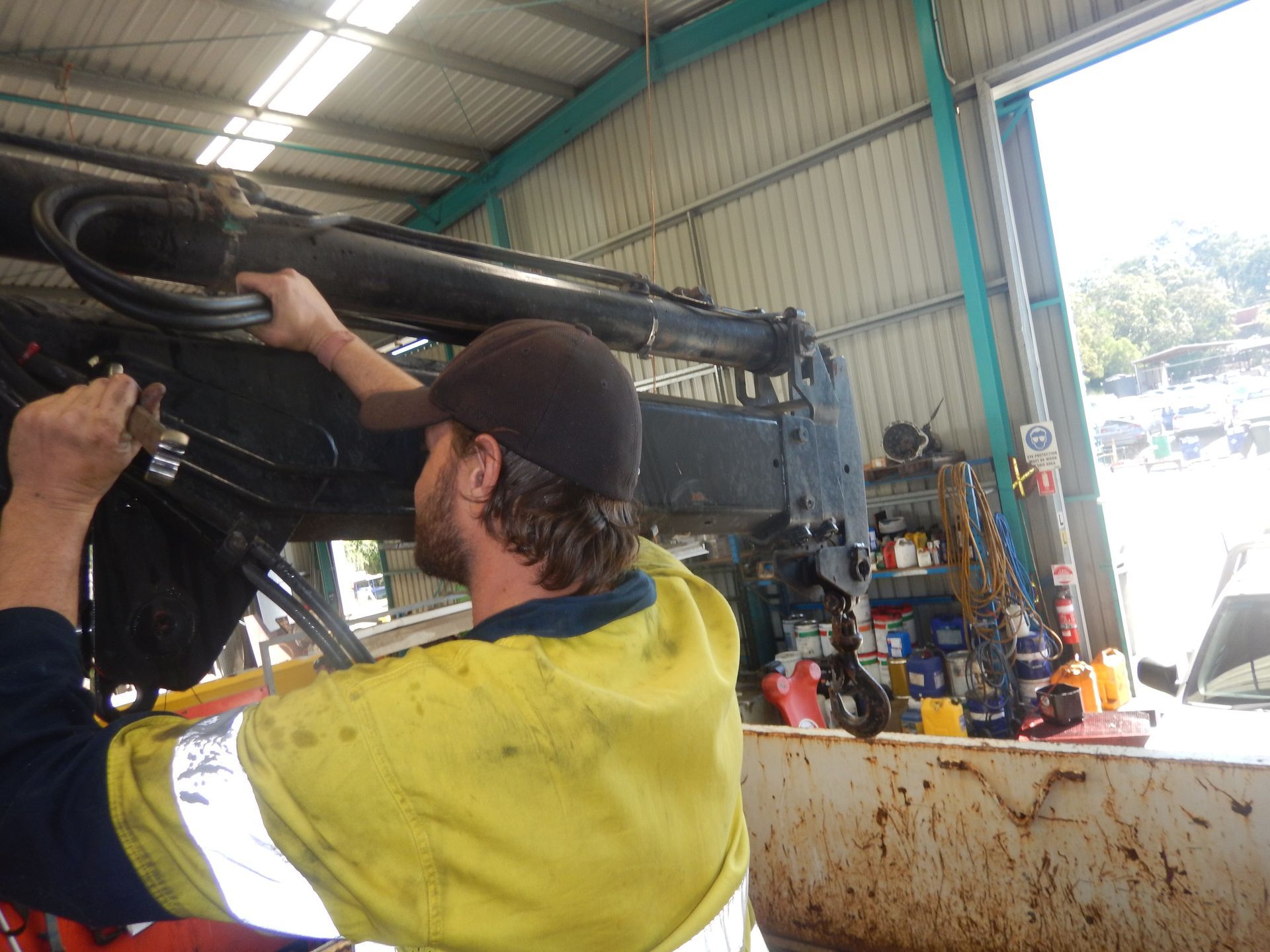The most common causes of truck engine failure (and how to repair them)
Truck engines take a beating, especially on demanding worksites and long-haul operations. Over time, even small issues can develop into serious problems that leave vehicles off the road and jobs behind schedule. In this article, we cover the most common reasons truck engines fail, and how timely repair or preventative maintenance can keep your fleet moving.
1. Poor lubrication leads to costly wear
One of the most frequent causes of engine failure is poor lubrication. Without the right volume and quality of oil, engine components can grind, overheat, or seize entirely. In some cases, clogged filters or infrequent servicing accelerate wear before there's any warning. To avoid this, stay on top of oil changes, use the grade recommended by the manufacturer, and always replace filters on schedule.
2. Unchecked overheating can cause major damage
Overheating isn't always dramatic, but it's almost always expensive. Coolant leaks, blocked radiators, or a faulty thermostat can result in elevated temperatures that warp engine components or crack the head. Once that happens, repair costs spike. Prevent this by inspecting the cooling system regularly and replacing worn hoses and radiator parts before they become a risk.
3. Fuel system problems reduce performance and reliability
Fuel issues can quietly affect your truck's performance long before a full breakdown. Dirty fuel, failing injectors, or a weak pump can cause inconsistent power, poor fuel economy, or stalling under load. Regularly flushing tanks, replacing fuel filters, and monitoring injector condition during maintenance will help keep the system running clean.
4. Restricted airflow strains the engine
An often-overlooked issue is poor air intake. If your filters are clogged or intake hoses are damaged, your engine struggles to 'breathe,' which can reduce power and increase wear. This is especially common in dusty work environments. It's worth replacing filters more frequently in harsh conditions and checking intake hoses for cracks or loose fittings.
5. Electrical faults can shut everything down
Modern trucks rely heavily on sensors and electronics. If the alternator fails, a sensor sends the wrong signal, or a wiring harness deteriorates, the engine can behave unpredictably, or fail to start entirely. Diagnostic scans during servicing can flag these issues early, and regular visual checks of wiring and terminals can prevent downtime.
Keep your fleet running with proactive repair from LinCon
Addressing minor engine issues before they escalate can significantly reduce repair costs and downtime. Whether you're managing a single work truck or an entire fleet, a proactive approach to truck engine repair makes a measurable difference. LinCon provides reliable servicing for heavy vehicles and elevated work platforms. Our team can help you diagnose, repair, and maintain your equipment to reduce breakdowns and extended service life.



